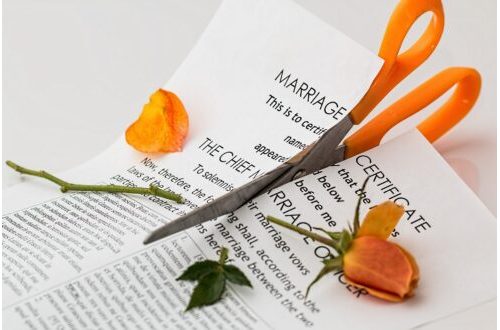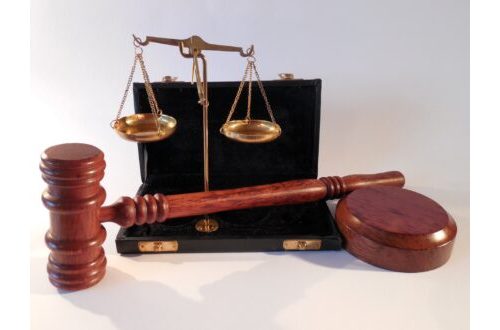How do I get a divorce?
How to end a marriage or civil partnership
To apply to end a marriage or civil partnership a couple need to have been married for at least 12 months. The No Fault divorce process introduced in April 2022 means that no reason needs to be given for the breakdown of the relationship.
This helps to lessen the hostility between separating couples and means that couples can now make a joint application for divorce or dissolution. Alternatively, one partner can still make a sole application.
The form to apply for a divorce or dissolution is called a D8 and can be downloaded from the government’s website https://www.gov.uk/government/publications/form-d8-application-for-a-divorce-dissolution-or-to-apply-for-a-judicial-separation-order
For those without access to a computer or smartphone and those unconfident using the internet, the government has a Digital Support Helpline open from 9am – 5pm. The telephone number for this is 03300 160051.
It is also important to note that divorce and dissolution applications can no longer be contested by one partner who does not want to proceed with the process.
How to respond to a divorce application
If your ex-partner has applied for a divorce, you’ll receive a completed divorce application, a Notice of Proceedings, and an Acknowledgement of Service. You must complete the Acknowledgement of Service and return it to the court within 14 days of receiving it.
How long does divorce take?
The process between applying and getting a divorce involves a compulsory 20-week cooling off period before a Conditional Order can be issued. Then a 6-week wait until you can apply for a Final Order.
A Final Order means you are legally divorced and are free to marry again. However, it does not resolve issues around children, property and finances and you need to take legal advice on these issues in order to best protect yourself.
How to protect your interests
It’s important when deciding what happens to any children, property, financial assets, pensions, and other assets you share, that you both take legal advice. A family lawyer can advise you on what is a fair and just settlement, and protect you from future financial claims against each other.
This knowledge can be used to help you both make agreements on children and shared assets.
How mediation can help separating couples decide on children, finances, and property
If you both cannot agree on how to split your childcare and assets, mediation is recommended to help you reach an agreement. This involves an impartial mediator helping you both to resolve your issues without taking sides.
Family mediation can help separating couples decide:
- Where children will live.
- How much time they spend with each parent.
- When and what other types of contact are permissible.
- Child maintenance payments.
- How property, financial assets, pensions, and shared assets are divided.
Once agreements have been reached, the mediator records the agreements into a document called a ‘memorandum of understanding.’ This document can be given to a family lawyer who uses it to create a Consent Order to be approved by the courts. This makes any agreements legally binding.
At Tisshaws we offer compassionate and practical legal advice and an initial no obligation 60 minute consultation for £50 (incl. VAT) to explain the impact of divorce on your personal circumstances.
We can arrange this in person at our office in Haywards Heath or on a video call. To book an appointment please call 01444 472700, email [email protected] or complete the form below.


Book a consultation to discuss your options –
Only £100 (Incl. VAT)
We know how difficult divorce and separation can be, so we offer an initial one hour fixed fee consultation with a fully qualified lawyer, to help you make an informed decision about how to proceed.
To book, please call 01444 472700 or complete the quick contact form.